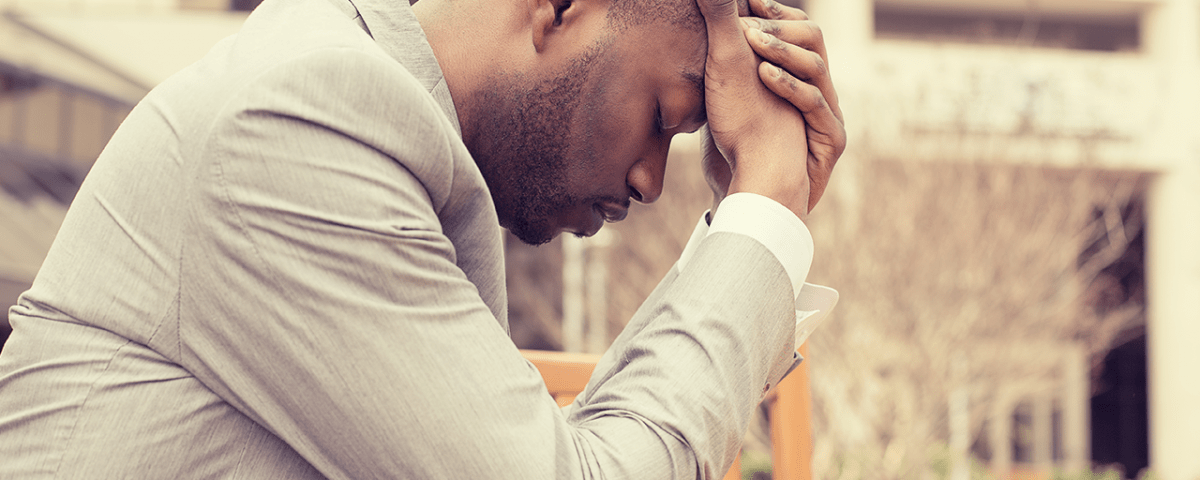Black Mental Health Matters
The experience of being black in America varies and depends on cultural and social factors. There are a large number of people in the black community who do not share the same privileges as others in the United States. Family trauma or connections, values, religion, or faith all tie into how a person in the black community will thrive in society. However, there are many who face discrimination, poverty, and racism which inflicts mental health complications or disorders. At Banyan Treatment Centers, we acknowledge that black mental health matters, which is why we offer the support and resources necessary for recovery.
Addressing Mental Health in the Black Community
Racism goes far beyond bullying and attacks not only a person’s appearance but their soul. According to the Health and Human Services Office of Minority Health, black adults in the United States are more likely than white adults to undergo and report constant symptoms of emotional distress.2 Therefore, depressive episodes are more likely to be experienced, such as feelings of hopelessness and worthlessness.
Due to the psychological inflictions, Black Americans can struggle with rising above family generations of poverty. Mental health disorders and poverty cause suicidal thoughts and tendencies, and in 2019, suicide was the second leading cause of death for black Americans ages 15 to 24.2 The suicide rate was four times higher for African American males than it was for women.
Common Mental Health Disorders in the Black Community
A few stigmas that are attached to the black American community regarding mental health and treatment include that a disorder is established as a survivalist mentality developed by systematic racism, a distrust of the justice system, and the incorrect belief that admitting to a problem shows weakness.
The most common disorders include generalized anxiety and major depression disorder (MDD). Again, depression can lead to suicide, poverty, or lack of social interaction. Depression symptoms include constant fatigue or lack of motivation, lack of interest, avoiding social interaction, and difficulty working or completing daily tasks.
How to Support the Black Community
- Bring the mental health issue up to friends and family
- Sign petitions that support organizations that are benefiting the community
Don’t forget to reflect on yourself, and be sure to continue your research. Mental health in the African American community can be helped by people like you coming together and continuing education and encouragement. For more information, speak to a specialist who deals with mental health disorders.
Recovery at Our Banyan Treatment Center Locations
At our mental health and addiction treatment centers, we offer various methods and resources to help individuals from all walks of life receive the proper care they need to recover. From faith-based services to our 12-step program, we have you covered. Oftentimes, mental health inflicts addiction and vice versa, so we offer dual diagnosis treatment for those struggling. Black mental health matters to our team at Banyan, and we work hard to make you feel safe and secure at our treatment center.
Speak to a specialist at our Banyan drug rehab by calling 888-280-4763 and ask about our intensive inpatient program to get started today!
Related Readings:
Self-Help Books for Depression
Warning Signs of Suicidal Ideation
Source:
- NAMI California - https://namica.org/mental-health-challenges-in-african-american-communities/
- US Department of Health and Human Services Office of Minority Health - https://www.minorityhealth.hhs.gov/omh/browse.aspx?lvl=4&lvlid=24




















